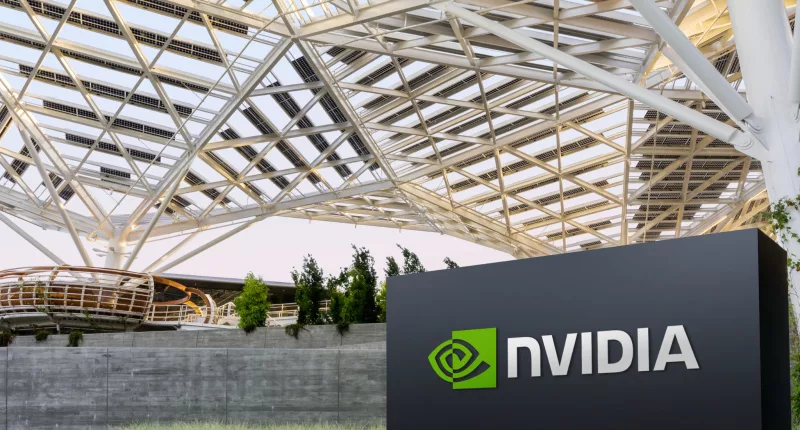China’s market regulator said Nvidia violated the country’s anti-monopoly law after a preliminary investigation into its business practices. According to the State Administration for Market Regulation (SAMR), the case remains open, and the agency will continue looking into whether the US chipmaker failed to comply with conditions set when it bought Israeli networking firm Mellanox Technologies in 2020. The $6.9 billion deal was cleared at the time only after Nvidia agreed to keep supplying Mellanox-related products and services to Chinese firms, commitments which regulators now believe were not fully maintained.
Notably, the watchdog launched its formal investigation in December 2024, focusing on whether Nvidia had honoured the binding conditions attached to the Mellanox takeover. Its preliminary conclusion is that the company fell short, though SAMR has not specified exactly which obligations were broken or how. The regulator’s announcement did not mention penalties but said the investigation will proceed, with the possibility of fines or other corrective measures once the final findings are complete.
The situation becomes critical as China’s anti-monopoly law allows regulators to impose fines ranging from 1% to 10% of a company’s revenue from the previous year. For Nvidia, this is a serious risk because the company generated around $17 billion in sales from the Chinese market during its last fiscal year. And if regulators decide on the maximum penalty, the fine could reach several billion dollars. However, the final outcome will depend on how the authorities assess the severity of the violation and whether the company takes steps to cooperate or challenge the findings. Meanwhile, the Jensen Huang–led company has not yet issued any official comment on the regulator’s statement.
The timing of this latest development becomes even more notable as the world’s most valuable chipmaker is already under pressure from US export controls. It also comes as US and Chinese officials meet in Madrid for trade talks, where semiconductor access and technology rules are key issues. While China has been stepping up scrutiny of foreign firms and working to reduce its dependence on overseas chip technology, the United States has been trying to strike a balance, allowing companies like Nvidia to keep selling in China, but blocking the export of their most advanced processors.
Last month, Chinese authorities reportedly instructed domestic companies to avoid using Nvidia’s H20 artificial intelligence chips, particularly in projects connected to government or national security. Even reports suggest that officials also sent notices to state-owned enterprises and private firms, requiring them to explain if they decided to use Nvidia’s hardware instead of Chinese-made alternatives. All this is happening at a time when Nvidia has already taken a $5 billion hit from unsold inventory and lost about $2.5 billion in potential sales in the first quarter (Q1) of fiscal 2026 due to US import curbs.
The Tech Portal is published by Blue Box Media Private Limited. Our investors have no influence over our reporting. Read our full Ownership and Funding Disclosure →






